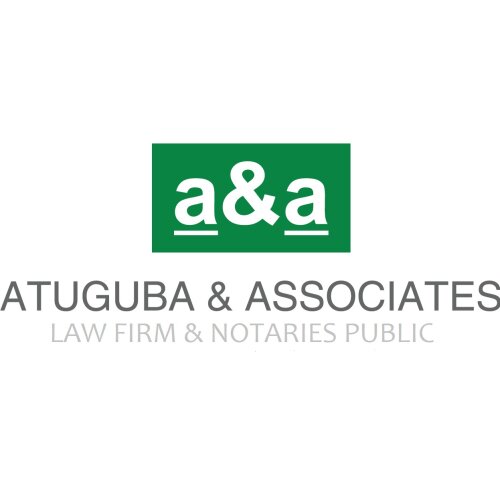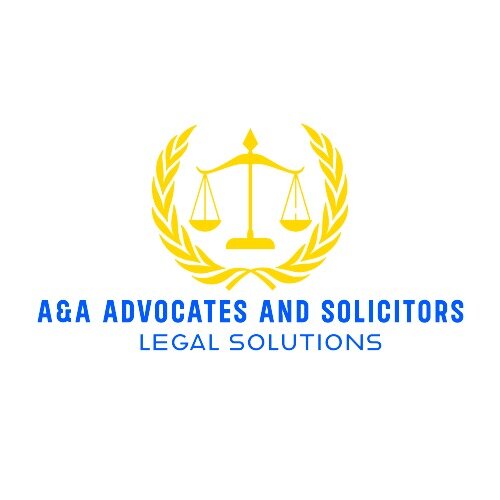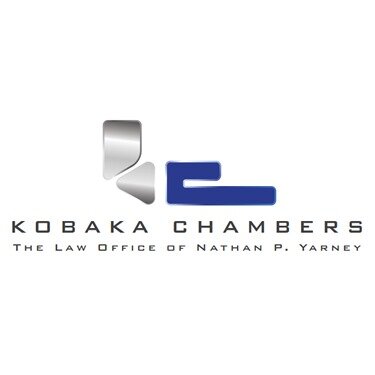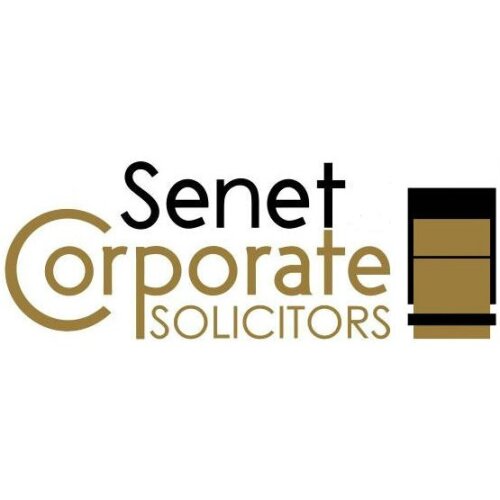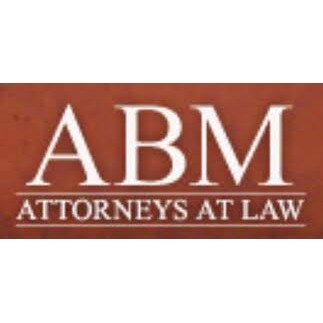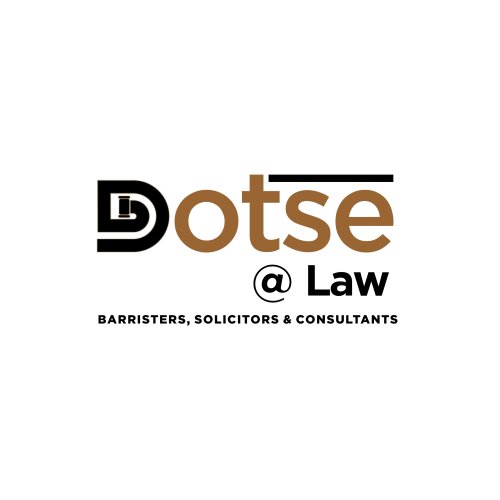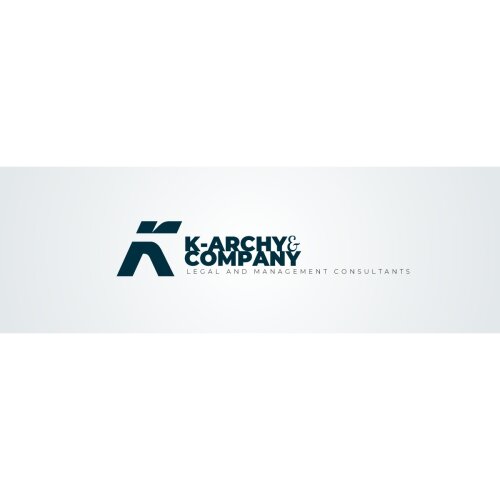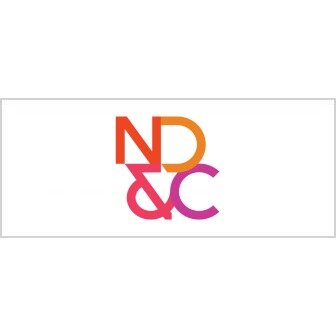Best Employer Lawyers in Ghana
Share your needs with us, get contacted by law firms.
Free. Takes 2 min.
Or refine your search by selecting a city:
List of the best lawyers in Ghana
About Employer Law in Ghana
Employer law in Ghana encompasses a variety of legal aspects that regulate the relationship between employers and employees. This includes issues related to labor rights, employment contracts, workplace safety, dispute resolution, and labor unions. The labor laws in Ghana aim to create a fair balance between the rights and responsibilities of employers and employees, promoting cohesive and productive working environments. Key statutes include the Labour Act 2003, the Workmen's Compensation Act, and various regulations that govern specific sectors and employment conditions.
Why You May Need a Lawyer
There are numerous situations where consulting with a lawyer could be crucial for an employer in Ghana. Common scenarios include drafting or reviewing employment contracts, navigating disputes with employees, understanding compliance with labor laws, addressing workplace safety concerns, and dealing with dismissals or redundancies. Legal guidance can also be valuable for employers looking to implement new workplace policies, conduct disciplinary action, or manage employee benefits and compensation effectively.
Local Laws Overview
Some key aspects of local laws relevant to employers in Ghana include:
- Employment Contracts: These must clearly outline terms of employment, including job descriptions, remuneration, and termination procedures.
- Minimum Wage: Employers must adhere to the national minimum wage stipulated by the government.
- Working Hours: The standard working hours are regulated, and employers need to comply with statutory requirements regarding overtime and rest periods.
- Employee Rights: Laws ensure employee rights to fair treatment in terms of pay, working conditions, and the right to form or join trade unions.
- Health and Safety: Employers are obligated to maintain a safe working environment in accordance with occupational health and safety laws.
- Dispute Resolution: Mechanisms are in place for resolving conflicts between employers and employees through mediation, arbitration, or labor courts.
Frequently Asked Questions
1. What is the minimum wage in Ghana?
The national minimum wage is set by the Wage and Salaries Commission and is periodically reviewed. Employers are required to comply with this rate or offer a higher wage.
2. How are employment disputes resolved in Ghana?
Employment disputes can be resolved through several mechanisms including negotiation, mediation, arbitration, or by taking the issue to a labor court or tribunal.
3. What should be included in an employment contract?
An employment contract should include the employee's job title, duties, remuneration, duration of employment, termination procedures, and other terms and conditions consistent with labor laws.
4. How do I handle employee termination legally?
Termination of employment must follow the procedures laid down by the Labour Act, which includes valid reasons, notice, and sometimes, compensation.
5. Are employers required to provide leave to employees?
Yes, employers are mandated to provide leave entitlements including annual leave, sick leave, and maternity leave as stipulated by the labour laws.
6. What is the process for addressing workplace safety issues?
Employers must adhere to occupational safety and health regulations, provide necessary training, and promptly address any safety concerns raised by employees.
7. Can an employee join a trade union?
Yes, employees have the right to join or form trade unions. Employers must respect this right and not interfere with lawful union activities.
8. How do we ensure compliance with Ghana’s labor laws?
Regular training on labor laws, thorough record-keeping, compliance audits, and consulting with legal professionals can help ensure adherence to labor laws.
9. What is redundancy, and how should it be handled?
Redundancy occurs when a position is eliminated. It must be handled thoughtfully, in accordance with statutory procedures and compensation requirements.
10. How can legal advice benefit an employer?
Legal advice can aid in risk management, help avoid litigation, enhance compliance with laws, and provide support during disputes and negotiations.
Additional Resources
For further assistance, employers can consult the following resources:
- The Labour Department of the Ghana Ministry of Employment and Labour Relations
- The Ghana Employers’ Association
- The Fair Wages and Salaries Commission
- Local chambers of commerce
- Legal aid services specializing in labor and employment law.
Next Steps
If you need legal assistance regarding employer issues in Ghana, consider the following steps:
- Identify the specific legal issues or areas where you require guidance.
- Compile relevant documents, such as employment contracts, company policies, and any correspondence related to the issue.
- Consult with a lawyer specializing in labor and employment law to discuss your situation and gain professional insight.
- Ensure you engage with a licensed and reputable legal practitioner or law firm familiar with Ghanaian labor laws.
- Follow through with recommended legal actions and maintain open communication with your legal advisor throughout the process.
Lawzana helps you find the best lawyers and law firms in Ghana through a curated and pre-screened list of qualified legal professionals. Our platform offers rankings and detailed profiles of attorneys and law firms, allowing you to compare based on practice areas, including Employer, experience, and client feedback.
Each profile includes a description of the firm's areas of practice, client reviews, team members and partners, year of establishment, spoken languages, office locations, contact information, social media presence, and any published articles or resources. Most firms on our platform speak English and are experienced in both local and international legal matters.
Get a quote from top-rated law firms in Ghana — quickly, securely, and without unnecessary hassle.
Disclaimer:
The information provided on this page is for general informational purposes only and does not constitute legal advice. While we strive to ensure the accuracy and relevance of the content, legal information may change over time, and interpretations of the law can vary. You should always consult with a qualified legal professional for advice specific to your situation.
We disclaim all liability for actions taken or not taken based on the content of this page. If you believe any information is incorrect or outdated, please contact us, and we will review and update it where appropriate.
Browse employer law firms by city in Ghana
Refine your search by selecting a city.



